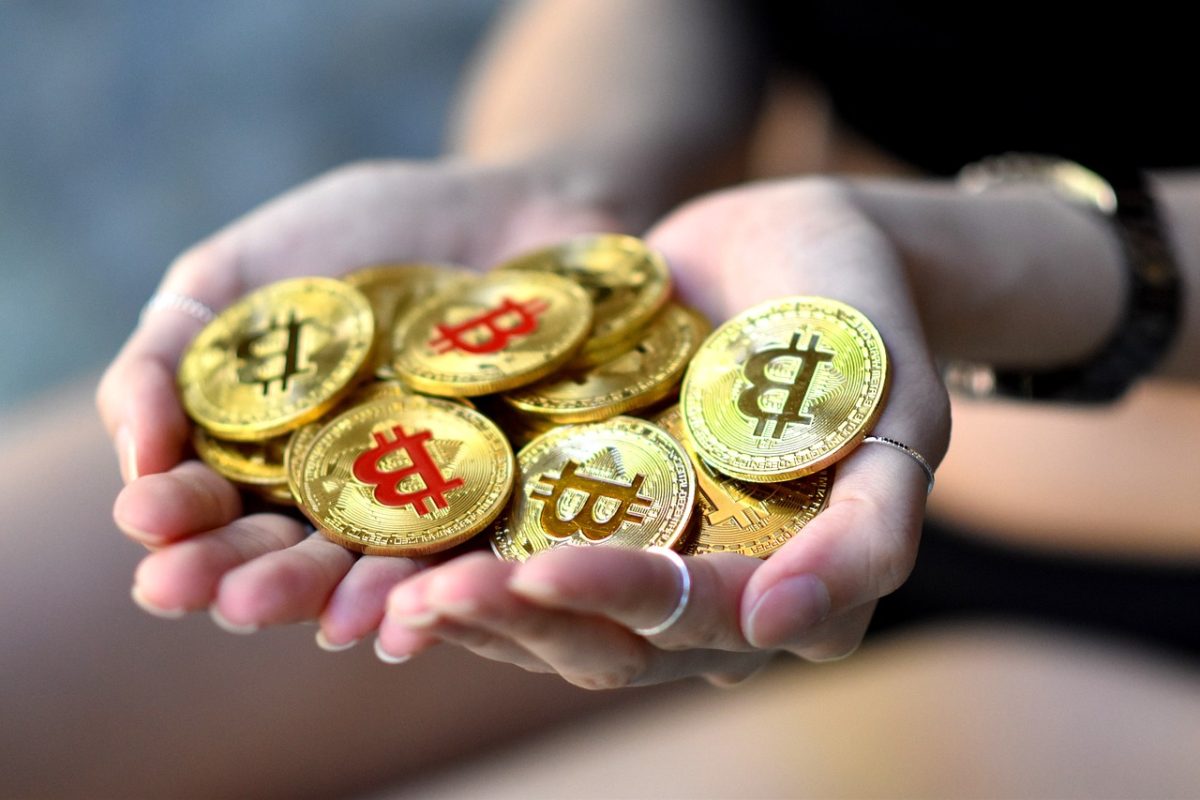ARTICLE AD
Since trading firms like FTX collapsed in November 2022, the Solana blockchain has seen significant gains and regained investor confidence, with Ethereum developers increasingly migrating to it.
According to a recent analysis by Jack Inabinet, Senior Analyst at Bankless, with significant growth in key metrics and SOL’s year-to-date increase of 770%, Solana has solidified its position as a top-tier blockchain. Native teams within the Solana ecosystem played a key role in its resurgence, but now non-native protocols are also seizing the opportunity.
Developers Deliver On Hype
Solana’s comeback, from a low of $8 in December 2022 to an annual high of $210 in March, is one of the most notable uptrends of this bull cycle. However, the ecosystem’s growth extends beyond its native token holders.
According to Inabinet, developers have delivered on the hype, starting with the PYTH airdrop, the Pyth network’s native token. This incentivized users from different ecosystems to explore SOL by assigning tokens to addresses interacting with Pyth oracles across multiple networks.
Additionally, Solana-native liquid staking protocol Jito Labs conducted its airdrop, catalyzing “mass adoption” through points-based incentive systems.
While Solana-native protocols laid the foundation for the platform’s mainstream adoption, Ethereum developers are increasingly migrating to SOL. Inabinet highlights that recognizing the significant on-chain activity within Solana, projects are eager to capitalize on the opportunity.
Ethereum Developers Flock To Solana
For example, the decentralized compute-sharing network Render migrated its token to the Solana Program Library (SPL) standard, and MetaMask introduced Solana compatibility by introducing “Snaps.”
In addition, according to Inabinet, Aave, Ethereum’s first lending destination, has approved the deployment of a minimally viable version of its V3 isolated money market through Neon Ethereum Virtual Machine (EVM), a compatible Ethereum development environment built on top of Solana.
Proposals for independent deployments, such as the EVM-based perpetual trading platform GMX, further demonstrate the growing interest in SOL.
However, the analyst noted that Ethereum and Solana have different approaches to scaling, with Ethereum opting for network fragmentation and Solana favoring a unified state.
Given these approaches, Inabinet suggests that Solana’s alternative vision of blockchain offers attractive features, attracting developers seeking scalability and concentration of use.
Nonetheless, the analyst cautions that developers must take a diversified approach to maximize success and secure market share. Inabinet concluded:
The crypto industry must hurdle a massive chasm of uncertainty to progress from infancy into an end-state where true adoption is achieved, and trillions upon trillions of dollars in traditional assets make their way on-chain. Until then, application developers succumbing to blind chain loyalty are leaving money and market share on the table.
As of press time, SOL has seen a 5% increase in the last 24 hours, resulting in a current trading price of $171, with the next price hurdle at $176.
Featured image from Shutterstock, chart from TradingView.com

 7 months ago
48
7 months ago
48 

